Districts vote on DCMO BOCES budget Monday
NORTH NORWICH – The school boards of each of the 16 districts which comprise the Delaware-Chenango-Madison-Otsego BOCES will vote on the cooperative education organization’s 2011-12 administrative budget Monday.
Totaling $2.14 million, the proposed budget includes a $8,393, or .4 percent, reduction in spending from the current year’s budget, according to DCMO BOCES Superintendent Bill Tammaro.
Despite the decrease in overall spending in the administrative budget, schools will be picking up a larger share this year. The amount each district pays is calculated based on their Resident Weighted Average Daily Attendance (RWADA), which measures the size of a district based on attendance. Although some schools may actually see a decrease because of the RWADA ratio, on average component districts will see a 1.45 percent increase over last year, reported Assistant Superintendent of Management Services Doreen Rowe.
The BOCES budget is comprised of three components: administrative, capital and program. The administrative portion is the only one which districts vote on directly. They “vote” on the other two by selecting services, Rowe explained.
As proposed, the administrative component represents 5.047 percent of the tentative 2011-12 budget. The $4,644,298 capital budget accounts for 10.9 percent. The largest piece of the pie is the program portion, which at $35,656,233 represents 84 percent of the total spending plan.
At $42,422,809, the total tentative 2011-12 budget represents a $104,968 decrease in spending from the current year. Because of the continued decline in interest earnings and sharp increases in retirement contributions and health care premiums, cutting overall expenses required steeper cuts.

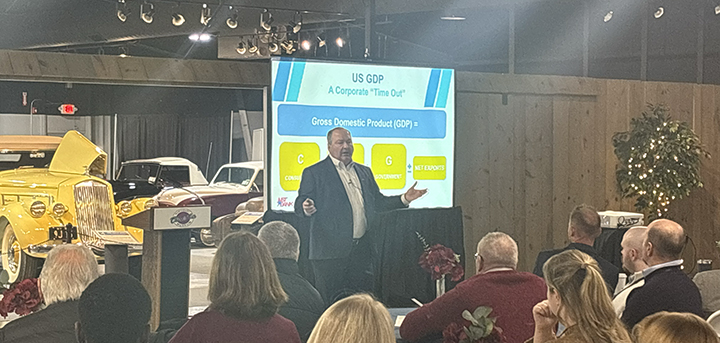
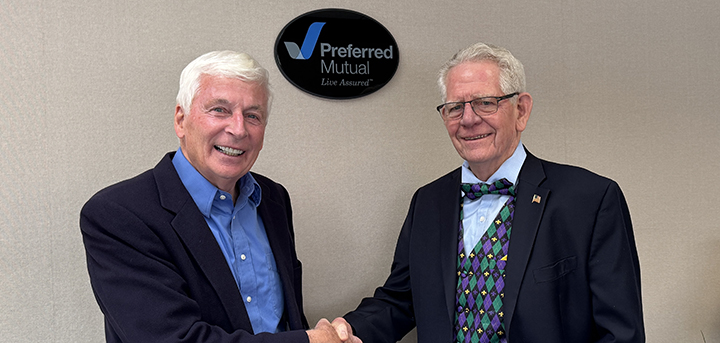
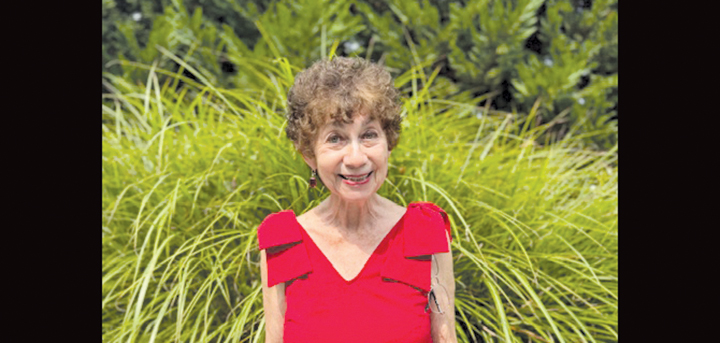

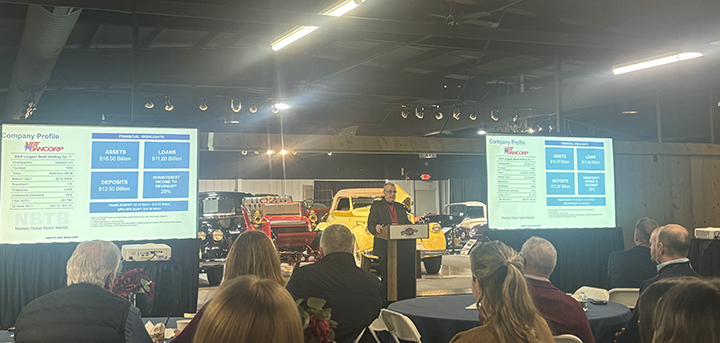
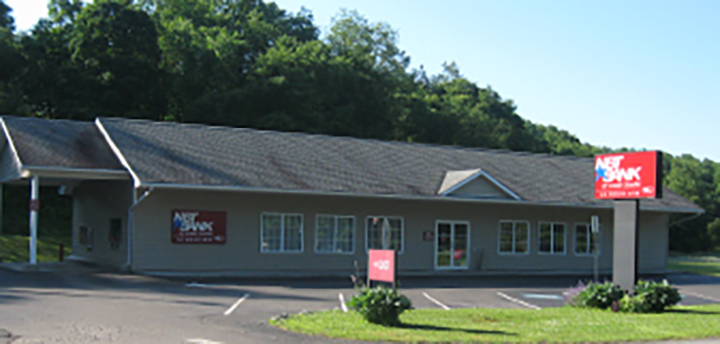
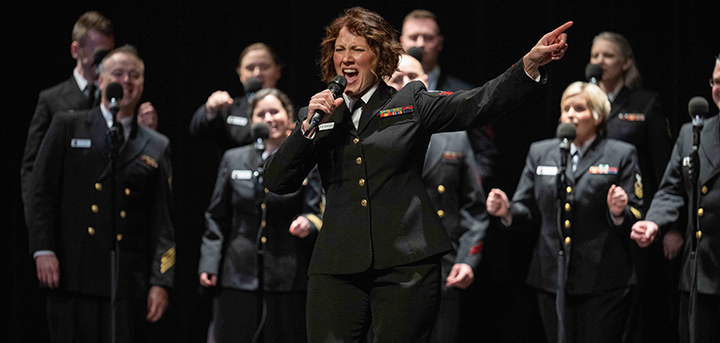
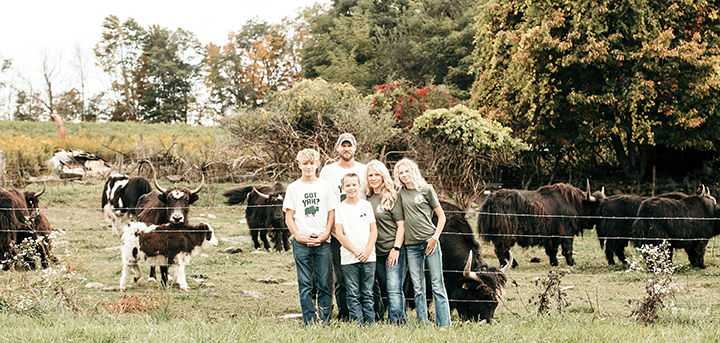


Comments